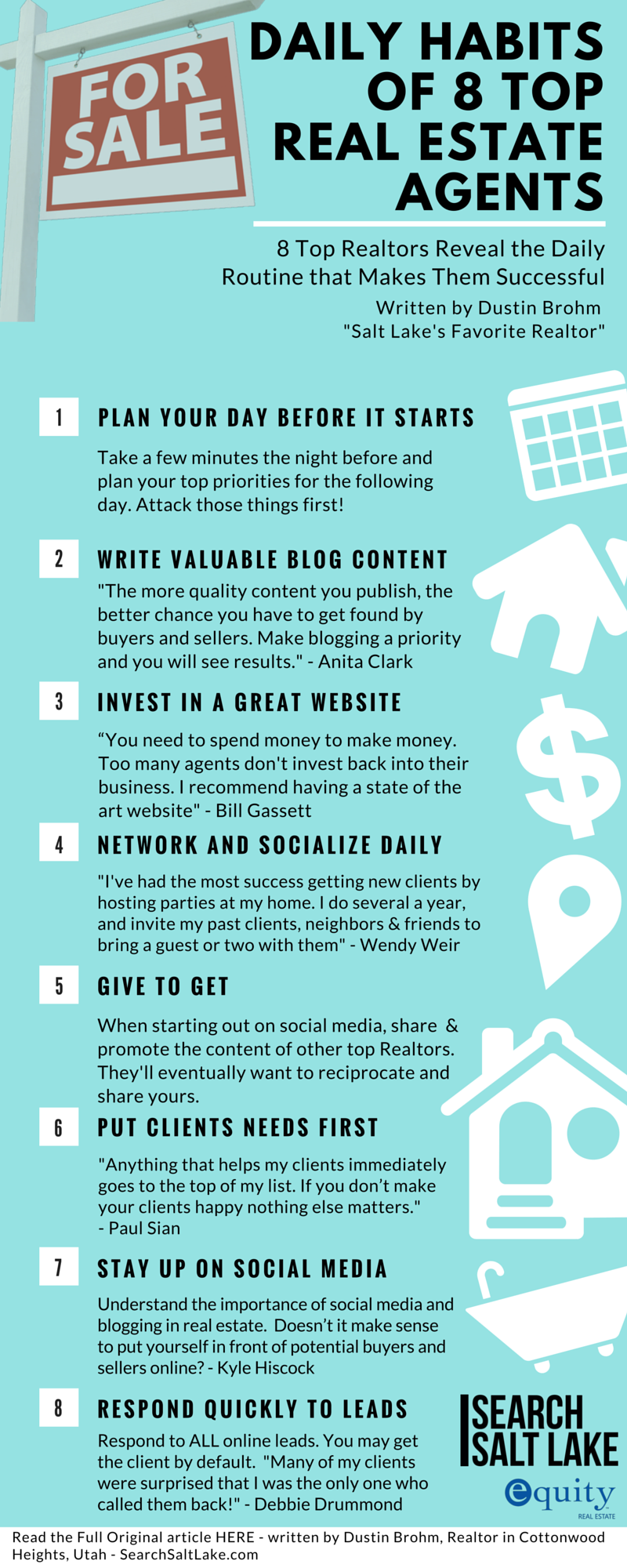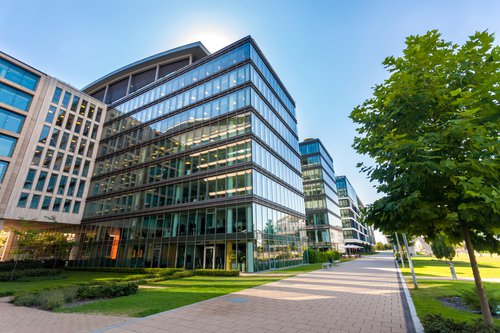Beginning simply prior to the 2005 peak, nevertheless, the news media started discussing a new concept, the existence of a "housing bubble" for single-family houses, whose costs had ended up being undoubtedly high. Before that, there just wasn't much talk about the concept that a bubble could be forming in the market for single-family houses. Clearly, home costs would reduce up if supply increased. "House contractors are being squeezed on two sides," Wachter said, describing increasing expenses of land and building and construction, and lower need as those elements push up prices. As it takes place, most brand-new building and construction is of high-end homes, "and understandably so, because it's pricey to build." What could help break the pattern of increasing real estate prices? "Unfortunately, [it would take] a recession or an increase in rates of interest that perhaps results in an economic crisis, together with other aspects," stated Wachter.

Regulatory oversight on financing practices is strong, and the non-traditional loan providers that were active in the last boom are missing out on, but much depends upon the future of regulation, according to Wachter. She specifically described pending reforms of the government-sponsored enterprises Fannie Mae and Freddie Mac which ensure mortgage-backed securities, or bundles of real estate loans.
The housing market is mainly being driven by a lack of offered real estate stock and ... [+] extremely low-interest rates. Xinhua News Agency/Getty Images The housing market has actually been on fire this year with record-low home mortgage rates and an unexpected wave of movings enabled by remote work. Meanwhile, house prices have pushed new limits as purchaser need continues to rise.
We anticipate sales to grow 7 percent and prices to rise another 5. 7 percent on top of 2020's currently high levels. While we anticipate home mortgage rates to tick up gradually, sales and cost development will be moved by still strong demand, a recovering economy, and still low home mortgage rates.
While more youthful Millennial and Gen-Z purchasers are anticipated to play a growing function in the real estate market, fast-rising costs will produce a larger barrier to entry for the lots of first-time purchasers in these generations who don't have existing house equity to tap for deposit cost savings. Although supply is expected to lag, we do expect the declines to slow and possibly visit the end of the year as sellers grow more comfy with the market environment and brand-new building and construction picks up (what does a real estate broker do).
On the whole, the market will stay seller-friendly, however buyers will still have reasonably low home mortgage rates and an ultimately improving selection of homes for sale. With house contractor confidence near record highs, we expect ongoing gains for single-family construction, albeit at a lower development rate than in 2019. Some slowing of new home sales growth will happen due to the truth that a growing share of sales has actually originated from homes that have actually not begun building and construction.
Some Known Facts About How To Become A Real Estate Agent In Nj.
But supply-side headwinds will continue. Residential construction continues to face restricting elements, consisting of greater costs and longer shipment times for building materials, a continuous labor abilities shortage, and concerns over regulatory expense problems. For apartment building and construction, we will see some weakness for multifamily rental advancement particularly in high-density markets, while redesigning need should remain strong and broaden even more.
2020 changed the video game in everything from visiting homes to searching for and locking https://www.ktvn.com/story/43143561/wesley-financial-group-responds-to-legitimacy-accusations rates, and participating in protected eClosings. We anticipate house owners seeking to refinance will do so sooner rather than later to make the most of the low rate of interest environment. While the Fed has actually indicated it does not plan to hike rates quickly, uncertainty over what the brand-new administration may perform in addition to broad schedule of a Covid-19 vaccine, on top of what we hope is an enhancing economy, could bring an end to the ultra-low rates that we have actually seen this year.
We're leaving 2020 with a number of characteristics that will more than likely keep this insane real estate market going. There is extremely low stock, with less than 500,000 homes for sale, home loan rates are at 50-year lows, and there's no indication yet of distressed sellers from the recession coming out.
Inventory and pricing need to ease a bit in the second half of the year, and bigger economic headwinds might start showing up. Until then, buyers should beware and sellers pleased. While 2020 did not surprise with its reasonable share of surprises, 2021 could still have more surprises in store for us.
Initially, rates of interest, which have inspired many buyers in 2020, are expected to remain low and will help ameliorate a few of the affordability concerns arising from rapid house rate gratitude seen in 2020 - how to get a real estate license in texas. To put it simply, low mortgage rates continue to offer higher getting power, specifically for newbie house purchasers.
However likewise, the oldest Millennials are increasingly adding to the trade-up market. As an outcome, 2021 house sales activity is expected to stay strong and surpass 2020 levels. Third, inventory levels are likely to see some enhancement, partially from sellers who have actually been on the sidelines, partially from distressed homeowners, and partly from more new construction.

The 45-Second Trick For How To Pass Real Estate Exam
Asian American homes saw the biggest earnings development of any racial or ethnic group in the United States over the previous years and a half nearly 8% compared to a 2. 3% nationwide average. Education certainly is a significant contributor to this development with more than 54% of Asian Americans having a bachelor's degree compared to the national average of 32%.
States like North Carolina, Alabama and Texas are seeing a boost in net migration of Asian Americans. Although this is excellent news altogether, let's not forget that there's an earnings variation within our community. While a lot of Asian American homes are experiencing income development, we've also been struck hard with the pandemic with small companies closing and tasks lost due to Covid-19.
They are likewise changing real estate choices, for instance, looking for more space. Integrated with record-low home mortgage rates and forbearance programs, chances are the real estate market will stay strong, but it is not an inescapable conclusion. There is still substantial threat to the downside if economic normalization coming out of the pandemic is botched or substantially delayed.
The pandemic has accelerated what is a generational pattern: getting married, having kids and desiring more space. I anticipate cost boosts in the highest-cost metropolitan areas, such as San Francisco https://northeast.newschannelnebraska.com/story/43143561/wesley-financial-group-responds-to-legitimacy-accusations and New York, will trail increasing mid-size cities, such as Austin, Texas and Salt Lake City. Although the U.S. might have the ability to vaccinate the majority of its residents by the end of 2021, lots of nations will struggle to distribute vaccines.